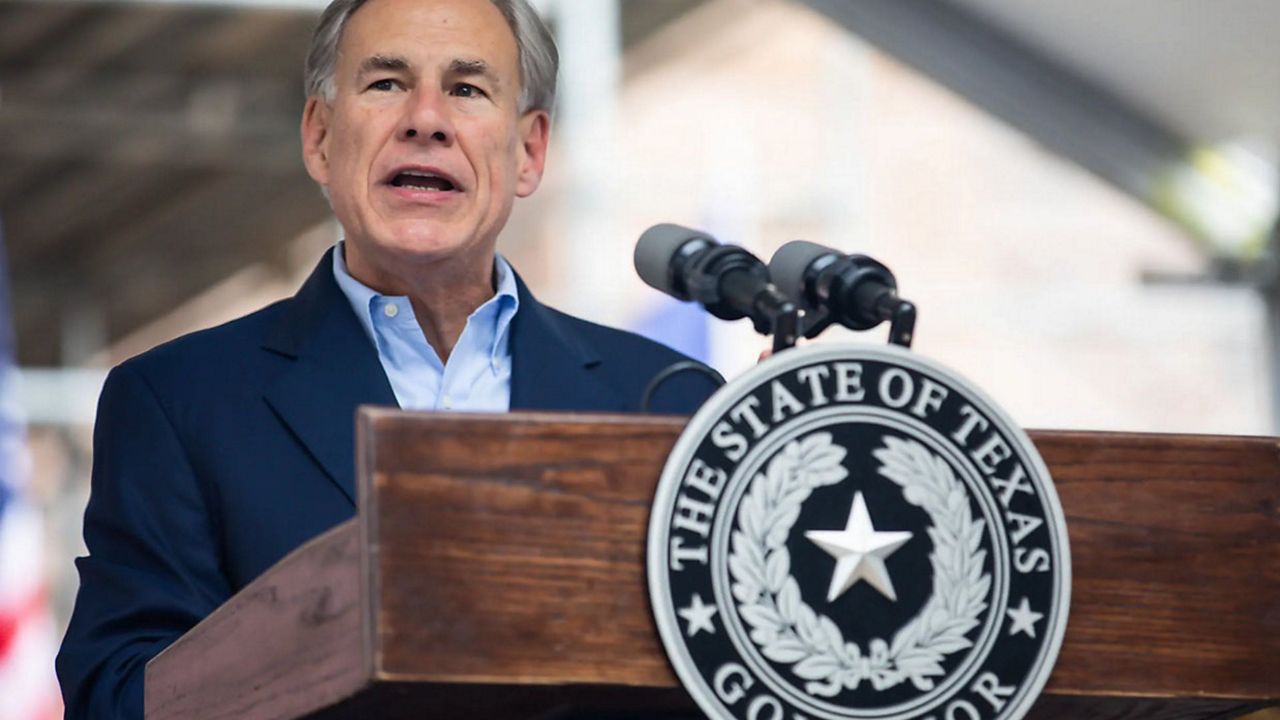The Rise of the Anti-DEI Era in the Bright Red South

 The Rise of Anti-DEI Legislation in the South: A Closer Look at Texas and Florida
The Rise of Anti-DEI Legislation in the South: A Closer Look at Texas and Florida
In recent years, a wave of legislation aimed at curtailing Diversity, Equity, and Inclusion (DEI) initiatives has swept through various states in the United States. This movement, largely driven by right-wing lawmakers, seeks to redefine the landscape of education and workplace policies. Nowhere has this been more evident than in the Southern states of Texas and Florida, where recent bills have sparked significant controversy and debate. As these legislative efforts gain momentum, it is crucial to understand their implications, the motivations behind them, and the potential impact on communities and institutions.
The DEI Movement: A Brief Overview
DEI initiatives have become a cornerstone in both educational institutions and corporate environments over the past few decades. These programs aim to promote diversity in the workplace and schools, ensure equitable opportunities for all individuals, and foster inclusive environments where everyone feels valued. DEI initiatives typically involve efforts to address systemic biases, support marginalized groups, and create policies that enhance representation and fairness.
The Legislative Backlash: Key Bills in Texas and Florida
Texas
In Texas, the legislature passed several bills that significantly impact DEI programs. Senate Bill 17, for instance, prohibits public universities from requiring diversity statements in hiring and promotion processes. Proponents argue that such measures are necessary to ensure that hiring is based solely on merit and qualifications, free from ideological considerations. Critics, however, contend that these requirements are crucial for addressing long-standing disparities and ensuring that marginalized groups have equal opportunities.
Another significant piece of legislation in Texas is House Bill 3979, which restricts how teachers can discuss race and gender in classrooms. The bill aims to eliminate what supporters call “divisive concepts” from educational curricula, such as the idea that individuals can be inherently racist or sexist based on their race or gender. Opponents argue that this bill stifles important conversations about systemic racism and sexism, ultimately hindering students’ ability to engage critically with these crucial issues.
Florida
Florida has also seen a surge in anti-DEI legislation. One of the most notable is House Bill 7, often referred to as the “Stop WOKE Act.” This bill places strict limits on how race-related topics can be taught in schools and training programs. It explicitly prohibits the teaching of critical race theory (CRT), an academic framework that examines the ways in which race and racism intersect with politics, culture, and the law. Governor Ron DeSantis, a vocal supporter of the bill, has stated that CRT promotes division and resentment, while critics argue that banning CRT prevents an honest reckoning with the country’s racial history.

Another critical piece of legislation in Florida is Senate Bill 1108, which requires public universities to conduct annual surveys of students and faculty to assess intellectual freedom and viewpoint diversity. Supporters claim this will ensure that universities remain places of open dialogue and diverse perspectives. However, detractors worry that the surveys could be used to target and suppress academic viewpoints that do not align with the prevailing political climate.
Motivations Behind the Legislation
The push for anti-DEI legislation is rooted in a broader cultural and political context. Right-wing proponents of these bills often frame their efforts as a defense against what they see as leftist indoctrination and ideological conformity in educational and workplace settings. They argue that DEI initiatives, particularly those involving concepts like CRT, promote a divisive narrative that pits different groups against each other based on race and gender.
Furthermore, there is a growing sentiment among some conservatives that DEI programs have overstepped their bounds, imposing a particular worldview and stifling dissenting opinions. They argue that merit-based systems are being undermined by a focus on identity politics, leading to unfair advantages for some groups at the expense of others.
The Impact on Education and Beyond

The passage of these anti-DEI bills has far-reaching implications for education and society at large. In educational settings, these laws can limit teachers’ ability to engage students in critical discussions about race, gender, and inequality. This can hinder students’ understanding of complex social issues and reduce their ability to think critically about the world around them.
For universities, restrictions on DEI initiatives can impact faculty recruitment and retention, as well as the overall campus climate. Diverse and inclusive environments are often seen as more attractive to a broad range of students and faculty. Limiting DEI programs could make these institutions less appealing to prospective students and staff from marginalized backgrounds.
In the workplace, anti-DEI legislation can undermine efforts to create equitable and inclusive environments. Companies that prioritize DEI often see benefits such as increased employee satisfaction, better decision-making, and improved financial performance. Restricting these initiatives could result in a less inclusive workplace culture, potentially affecting employee morale and productivity.
The Response and Resistance
Despite the legislative momentum, there has been significant pushback against anti-DEI bills. Many educators, students, and advocacy groups are actively opposing these measures, arguing that they are essential for creating just and equitable societies. Legal c
hallenges are also underway, with opponents seeking to overturn these laws on constitutional grounds.

In Texas, several organizations have filed lawsuits challenging House Bill 3979, arguing that it violates First Amendment rights by restricting free speech and academic freedom. In Florida, civil rights groups have taken legal action against the “Stop WOKE Act,” contending that it infringes on educators’ ability to teach accurate and comprehensive history.
Furthermore, some universities and businesses are finding ways to navigate these restrictions while still promoting diversity and inclusion. This includes developing alternative training programs, finding creative ways to discuss sensitive topics, and emphasizing the importance of diversity in less overtly political terms.
Conclusion: A Path Forward
The rise of anti-DEI legislation in states like Texas and Florida highlights a deepening divide in American society over how to address issues of race, gender, and inequality. While proponents argue that these measures are necessary to protect meritocracy and prevent ideological indoctrination, opponents see them as a direct attack on efforts to create more inclusive and equitable communities.
As this debate continues to unfold, it is crucial for stakeholders to engage in thoughtful and informed discussions about the role of DEI initiatives. Finding common ground will require acknowledging the legitimate concerns of both sides while remaining committed to the principles of equity and inclusion. Only through open dialogue and collaboration can we hope to build a society that values and respects the diverse experiences and perspectives of all its members.
In the end, the battle over DEI is not just about policies and programs; it is about the kind of society we want to create. As students, educators, workers, and citizens, we all have a role to play in shaping that future. Whether through advocacy, education, or everyday interactions, we must strive to ensure that the principles of diversity, equity, and inclusion remain central to our collective efforts to build a more just and equitable world.
Works Cited, Suggested, and Referenced:

